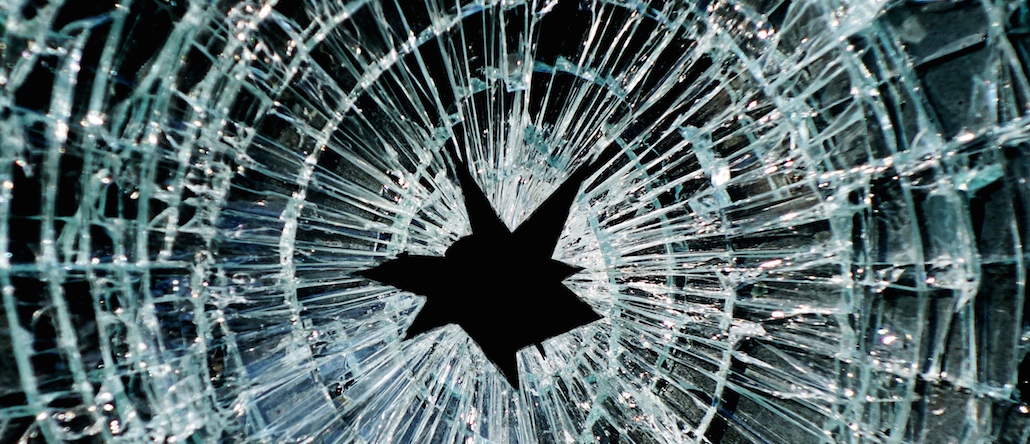Save 50% on a 3-month Digiday+ membership. Ends Dec 5.

It’s been a bad time for Gawker, which continues to deal with the aftermath of its decision to publish, then unpublish, a controversial exposé about Condé Nast’s CFO. Journalism mishaps tend to play out in the public eye, and get fueled by the Twitter outrage machine — but unlike Gawker’s, most quickly get forgotten. We decided to ask several longtime editors to share their own worst mistake. Their answers, and the reasons behind them — overconfidence, underconfidence, herd mentality, bad luck — were varied.
Jimmy Jellinek, president, entertainment, Playboy Enterprises
[Publishing the nude spread of] Lindsay Lohan. I still have the ulcer. It was the soul-sucking journey I made through the celebrity-industrial complex. Managers, lawyers, agents, handlers. Paparazzi hanging in the trees, decoy cars, helicopters. (Keep in mind we literally shot this in between court dates and needed to complete it before sentencing.) And I had to watch the vampires, myself included, exploit this person’s situation. I have been in this business 20 years, so I know what’s what. But this was the first time I saw the mechanism for what it was, and it was pretty sickening. That said, I’d do it again in a heartbeat. But man, it aged me. Anytime you’re dealing with a train wreck, you yourself have to get on the train. But I knew what I was signing up for. I just didn’t realize it would change me so much. At least it got me into therapy, so that was good.
Janice Min, co-president, chief creative officer, The Hollywood Reporter and Billboard
Putting Bill Cosby on the Emmys cover last year of The Hollywood Reporter in an excerpt from Mark Whitaker’s much in-demand book a few months before news events made it very clear he was a sick, serial rapist. Publishing is a lot like the playground. There are no take-backs, unfortunately.
David Plotz, CEO, Atlas Obscura (and former Slate editor)
Back in college, I wrote a whole article for the Harvard Crimson about the Christian Science headquarters in Boston in which I called Christian Scientists “Scientologists.” Over and over and over again. It happened because I was a cocky dumbass who assumed he knew what he was talking about. The lesson was that no one read anything I wrote! About four days later, a fellow editor pointed out that I was wrong, but no readers noticed.
Cindi Leive, editor in chief, Glamour
In the early days of Web experimentation, I had the absolutely brilliant idea to make an interactive online feature out of Glamour’s Dos and Don’ts. It was called Don’tspotting, and you could post the super-chic Glamour Dos (and the occasional ridiculous Don’t) you saw around you as you walked through the world, and the community would rate them. It was a huge traffic hit, but boy, were the comments mean! Lots of bodysnarking, way too cutting — especially for a brand whose mission is to empower women. So we pulled the plug on the whole channel. No amount of traffic was going to make that feel OK. I always use this story in journalism classes to make the point that sometimes, you can do better by doing the right thing.
Adam Moss, editor-in-chief, New York magazine
My worst mistake actually made it into a movie [“True Story,” released earlier this year]: On my watch at The New York Times Magazine, Michael Finkel fudged a story. That was pretty awful, but really the mistakes that plague me the most are the easily avoidable, everyday ones — a botched conversation, a situation where I didn’t trust my instincts, a situation where I trusted my instincts too much … the list goes on and on and on.
Choire Sicha, co-founder, The Awl
Adam Moss took me out for lunch at that fancy place by their old offices on Madison Avenue, right after I’d profiled Anderson Cooper for the Observer (a story for which, LOL, he’d asked me to turn off the tape recorder after I very stumblingly asked him why everyone said he was gay). Anyway, Adam liked that piece and we had a nice chat, and I guess he was sort of inviting me to pitch stories for him? I’m always confused by these kinds of talks, when people are nice to me. I’m dumb. Anyway at the end I remember him being like, “Well how can I help you?” and I basically said, “Well, can you help find me a boyfriend?” That was like 2004, more than a decade ago, and I’ve been poor ever since!
Ad position: web_incontent_pos1
Image courtesy of Shutterstock.
More in Media

What publishers are wishing for this holiday season: End AI scraping and determine AI-powered audience value
Publishers want a fair, structured, regulated AI environment and they also want to define what the next decade of audience metrics looks like.

Digiday+ Research Subscription Index 2025: Subscription strategies from Bloomberg, The New York Times, Vox and others
Digiday’s third annual Subscription Index examines and measures publishers’ subscription strategies to identify common approaches and key tactics among Bloomberg, The New York Times, Vox and others.

From lawsuits to lobbying: How publishers are fighting AI
We may be closing out 2025, but publishers aren’t retreating from the battle of AI search — some are escalating it, and they expect the fight to stretch deep into 2026.
Ad position: web_bfu